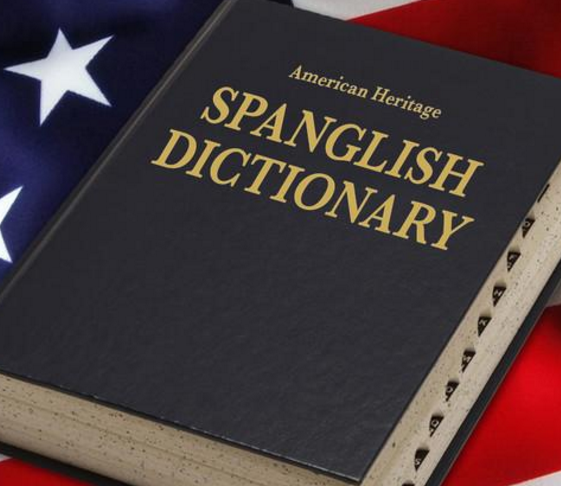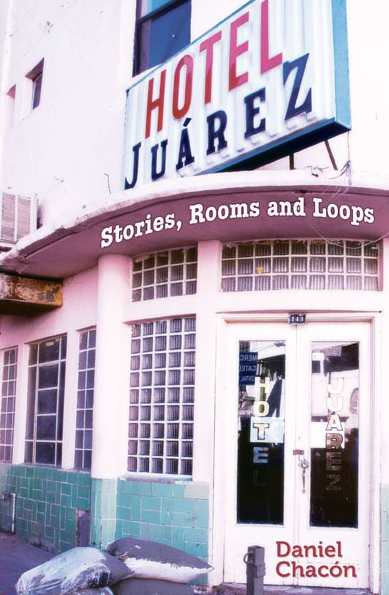How Immigration Will Affect American English in the Coming Decades

*If you look with specific intent you’ll find many stories like this one, that tell of the way Latinos are transforming the U.S., as we ourselves are being transformed. I like this story because it’s as fun as it is interesting. Can you imagine the ways our U.S. language will change because of the immigrant influence? VL
 By Mike Pearl, VICE
By Mike Pearl, VICE
According to a Pew study from late last year, thanks to immigration, the US is going to change quite a bit over the next 50 years. One in three people will be an immigrant or a child of immigrants instead of the current one in four. The population will also be eight percent more Asian and six percent more hispanic. That sets the scene for a lot of changes in the way people will talk.
When people show up and start having their way with the local language, pidgins—or hybrid languages—form, typically remaining isolated, like Louisiana French Creole did. And as the linguist William Lavov pointed out in the 60s and 70s, regional dialects aren’t wrong; they’re just part of the natural changes that happen to every language over time.
Read more NewsTaco stories on Facebook. >>
French Creole never really made it into American English, but Ilan Stavans, an Amherst College English professor, lexicographer, and linguistics pundit, suspects that some of the Spanish being spoken in the US will cross over into the mainstream in the next few decades. Some of what will creep in, he thinks, will be some of the more common words derived from Spanglish—which isn’t a language, but a term for various English-Spanish hybrids. I chatted with him to find out what kind of changes are in store for the American way of speaking, despite President Trump’s best efforts to stop them. Our conversation has been edited for length and clarity.
VICE: Hi Ilan! How do you see English changing in the next 50 years?
Ilan Stavans: DuBois called the 20th Century the century that was going to be defined by the color line. I think the 21st Century no doubt is the century that’s going to be defined by the immigration line.
[Photo courtesy of VICE]
Suggested reading


